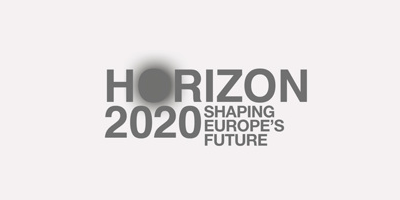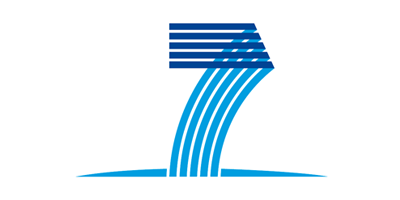

- Tel: +356 2331 8000
- info@loqusgroup.com

A simulation model to calculate carbon footprint
Research on how using the significant quantities of data extracted from our real-time tracking and engine management information we can model, analyze and report on the environmental footprint of transport fleets and drive change through awareness, possible route and mileage savings and critically establish environmental impact as one of the criteria driving route optimization.
Creation of multi-route optimization algorithms to develop an application to reduce considerably the processing and memory requirements
Research and development on how we can port the complex mathematical models that we have previously developed on our backend servers to run efficiently on client and handheld machines in order to accommodate dynamic solutions.
Creation of a simulation using a Location Based System (LBS), to enable emergency vehicles to arrive to their destination. The aim was to cut down response times for emergency services.
Research and investigation on how we can provide a “green wave” to cut down response times for emergency services.
Research on Galileo Satellite - on coverage, continuity, precision and accuracy and availability.
Research and validate the anticipated Galileo satellite constellation and to investigate how we can exploit the enhancements it promises to bring to location accuracy and the additional services it will eventually provide on top of standard GPS functionality.




Creation of a simulation model comprising elements such as Traffic volumes and Performance, Performance improvement by driving intelligent routes with decreased route mileages, Reduction of fuel costs and decreased in vehicle emissions.
Research on how to develop a hybrid dynamic route optimisation and navigation tool taking into consideration the following: Time window constraints, Vehicle volume and payload constraints, past knowledge of actual delivery point locations, actual real-time variations (delays/ gains) in route navigation.

By adhering to the principles of progressive enhancement and addressing constraints first, we're laying a future-friendly foundation that gives our solutions a better chance of working in future browsers and environments.
LOQUS places great emphasis on research and innovation, over the past years LOQUS participated in R&D in relation to carbon footprint emission reduction, waste minimization and air pollution reduction aimed to improve the environment and increase financial savings.
LOQUS has a well mapped out strategy of continuous product development which is driven by a research program to continue investigating techniques to help it maintain its position as one of the leading developers of logistics solutions for marine and land based fleets.


